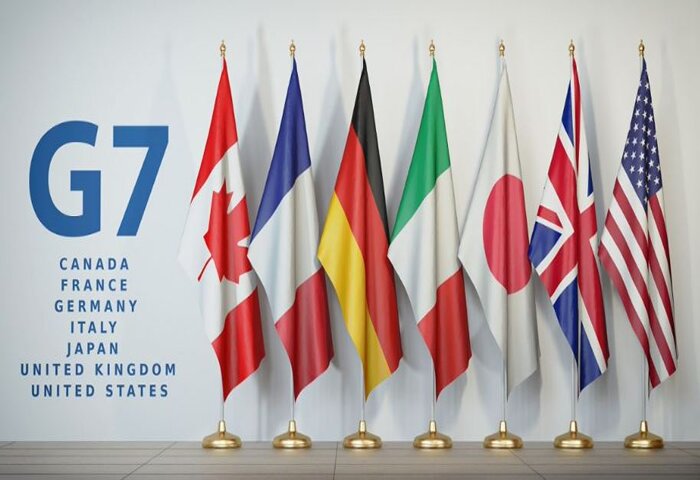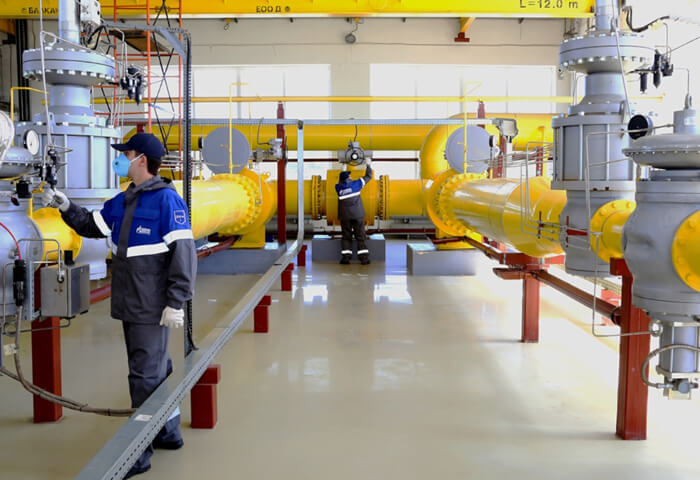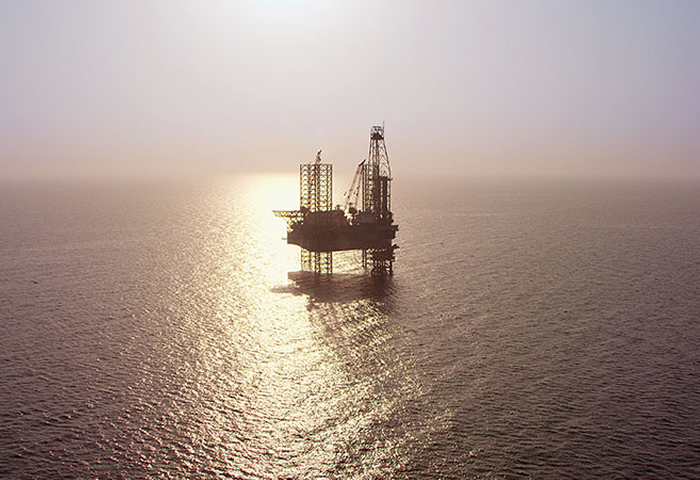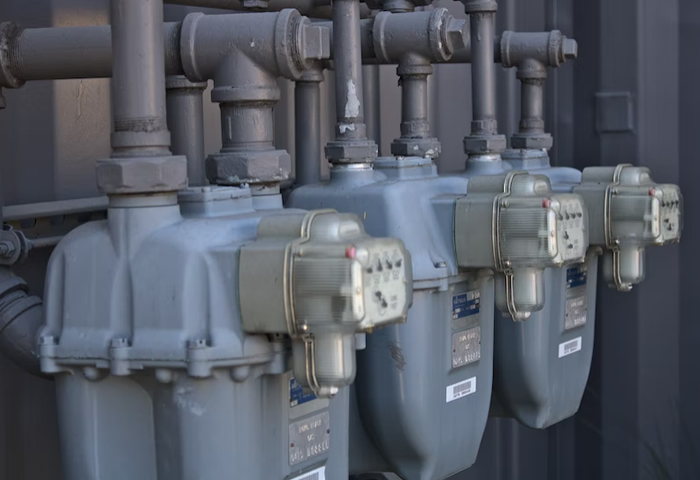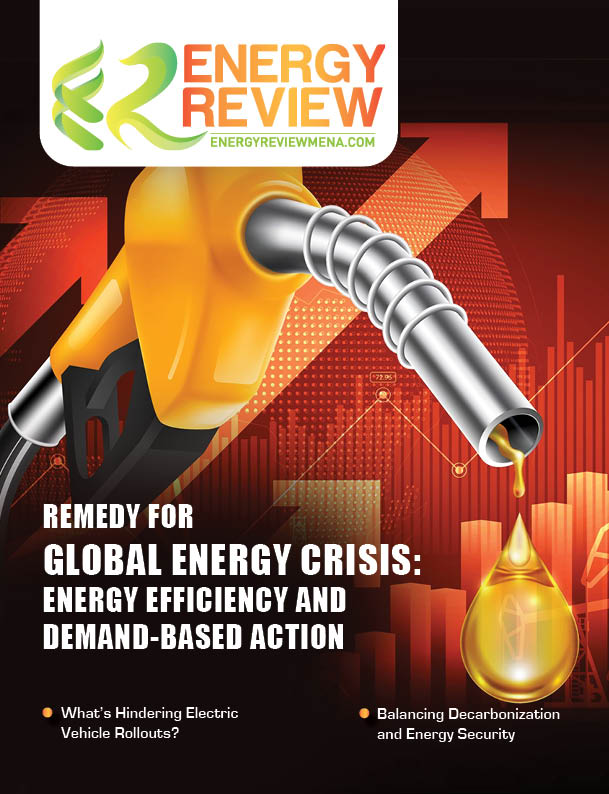As a strategic tactic to hurt Russia’s capacity to support its war against Ukraine, the G7 countries – the US, Canada, France, Germany, Italy, the UK and Japan – have come together to discuss the capping of the Russian oil price.
Initiated by the US, the plan seeks to cap the price at just above Russia’s cost of production to keep Russian oil on the market but reduce revenues that are funding the war.
G7 nations are responsible for insuring around 90% of global shipping traffic, which means that initiating restrictions on the maximum price per barrel of oil on such insurance agreements could limit oil prices globally.
As such, Moscow has taken an obvious hard stance against it and has officially stated that it will not sell its oil to those who impose the policy.
The fallout could spike the price of oil which has been coming down in recent days due to stringent COVID restrictions in China and fears of a recession in Europe and the US.
Russia’s Deputy Prime Minister Alexander Novak has maintained that Russian companies are prepared for an oil embargo by the European Union and will maintain oil production at the same level which could reach 520-525 million tons by year-end compared to last year’s 524 million tons.
Energy analysts have doubted the efficacy of the price cap without a total mutual understanding between key energy producers and consumers.
Russian crude is selling at a discounted rate of $20 per barrel, and the country has only increased its oil revenue as India and China started importing crude from it rather than from the US. Moscow earned $97 billion from oil and gas sales through July of this year, about $74 billion of that from oil.
As per IEA, Russia exported 7.4 million barrels of crude and products such as diesel and gasoline each day in July, according to the International Energy Agency, down only about 600,000 barrels a day since the start of the year.
In May, 27 EU countries agreed to ban most Russian oil imports by the end of 2022 to punish Moscow for invading Ukraine. Russia currently supplies 27% of the EU's imported oil and 40% of its gas. In mid-2021, Russia started curtailing its natural gas exports to Europe by delivering only long-term contracted volumes and ended spot-market sales. Russia’s natural gas exports to the EU and the UK averaged 16.0 bcf/d in 2019, 12.4 bcf/d in 2020 and 10.9 bcf/d in 2021. The most significant decline in Russia’s exports has been to Germany via the Nord Stream 1 pipeline.
Meanwhile, oil prices rose at the prospect of OPEC+ discussing production cuts on Sept. 5.
As of this writing Brent crude was at $94.56 per barrel while US West Texas Intermediate (WTI) was at $88.77 a barrel.
Separately, the chairman of the board of Lukoil, Russia’s biggest privately held oil producer and one of the few Russian companies to criticize the invasion of Ukraine, has died after falling out of a hospital window.

